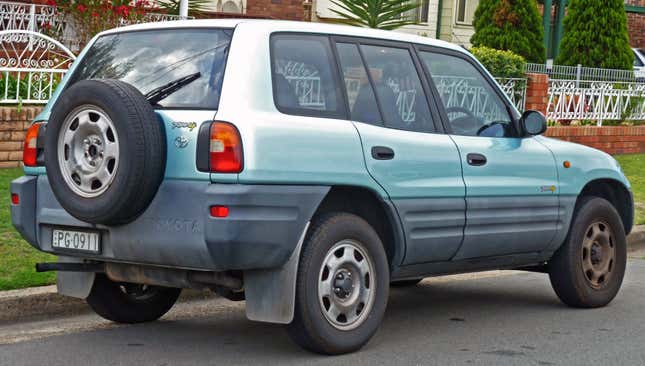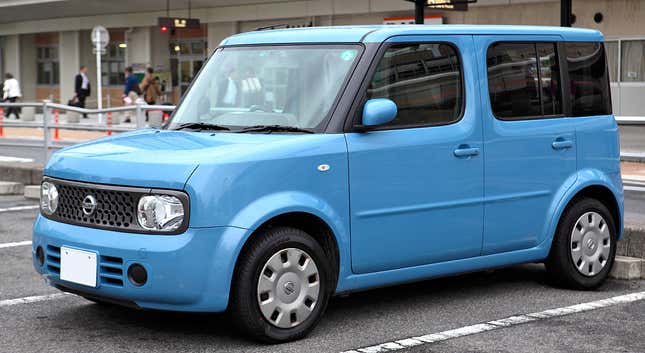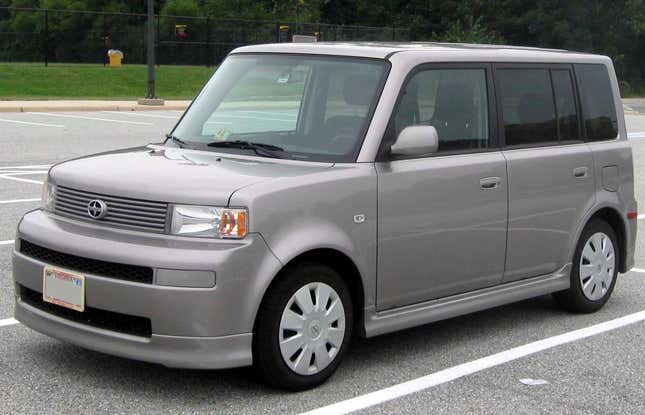What is a crossover? I’ve always understood the definition to be “SUV ride height with unibody construction” — muddy in cases like the GLA and Crosstrek, sure, but relatively consistent otherwise. Others will say that crossovers have to occupy the middle ground between small cars and big SUVs, basing the definition on size rather than construction. Neither definition, crucially, is based on the vehicle’s shape.
Daniele Calonaci, head of Jeep design for Europe, the Middle East, and Africa, disagrees. Speaking with Top Gear, Calonaci drew two distinct camps of automotive design: “Crossover” and “Boxy,” claiming the seven-slat grille would always land firmly in the latter. But this is an odd dichotomy to lay out — haven’t crossovers always been both?

I don’t know about you, but I’d call the first-generation Toyota Rav4 “pretty boxy.” Relative to the rest of rounded-off ‘90s styling, this is as square as it gets. It’s downright cubic. Which, actually, brings me to another point.

Remember the Nissan Cube? A crossover named precisely for its boxy styling? Does this one count as “not a crossover,” or “not boxy”? It sure seems like both to me.

How about the Scion xB? Slab sides, flat front and rear ends, it’s a complete square on wheels. Look at the Kia Soul, the Honda Pilot, there are boxy crossovers everywhere. You don’t need to pick one or the other.
It’s a nitpick, sure, because I think the new Avenger actually looks pretty great. But it’s divorcing itself from the crossover name, pretending to be something it’s not in service of styling. Why not make the statement that crossovers can be boxy, aggressive, and off-road styled?